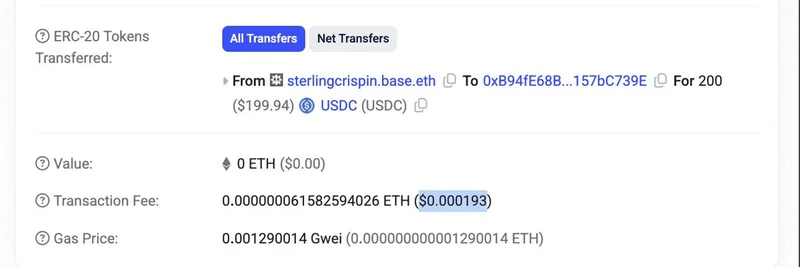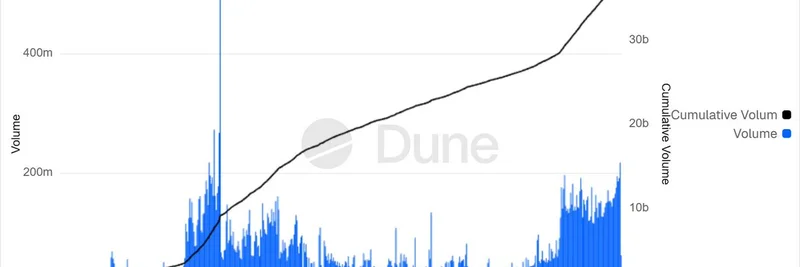import { Image } from 'astro:assets';
Hey there, crypto enthusiasts! If you’ve been keeping an eye on the X platform lately, you might have stumbled across a heated thread that’s got the community buzzing. On July 8, 2025, blockchain investigator ZachXBT dropped a bombshell reply to a post by BC Wong from KuCoin, raising serious questions about the exchange’s commitment to trust and compliance. Let’s dive into this drama and break it down for you!
The Spark: BC Wong’s Optimistic Take
It all started with BC Wong, a representative from KuCoin, sharing insights from weekend chats with founders about real-world assets (RWAs) and stablecoins. For those new to the terms, RWAs are physical assets like real estate or bonds turned into digital tokens on the blockchain, while stablecoins are cryptocurrencies pegged to stable values (like the US dollar) to reduce volatility. BC Wong highlighted a key point: trust can’t exist without compliance, especially with BCG’s 2022 prediction that tokenized RWAs could hit a whopping $16 trillion by 2030. Sounds promising, right? But the optimism didn’t last long.
ZachXBT Strikes Back
Enter ZachXBT, a well-known figure in the crypto space for uncovering shady dealings. In his reply (tweet link), he didn’t hold back: “KuCoin ignored multiple official law enforcement requests for months and does not freeze when stolen funds from major incidents are transferred to your exchange. Not sure you can call that ‘building trust with compliance.’” Ouch! This accusation suggests KuCoin might be turning a blind eye to illegal activities, which is a big deal in an industry already struggling with reputation issues.
The Community Weighs In
The thread quickly turned into a wildfire of opinions. Some users, like Diego and osrak.eth, echoed ZachXBT’s concerns, with comments hinting at personal stakes and a lack of trust in KuCoin. Others, like Brawanek, pointed out a broader trend: “Everyone these days seems to not care for trust and compliance anymore.” One user even shared a meme-filled image (featuring a quirky character in various settings) to lighten the mood, though it didn’t detract from the serious undertones. The consensus? KuCoin’s actions—or inactions—might be costing it credibility.
What This Means for Crypto
This spat shines a spotlight on a critical issue: compliance is the backbone of trust in the crypto world. Exchanges like KuCoin handle millions in transactions, and when they fail to cooperate with law enforcement or freeze stolen funds, it risks the entire ecosystem. Stablecoins and RWAs, as BC Wong mentioned, rely on solid “rails” (the infrastructure supporting them), and trust is a must. If users can’t rely on exchanges to play by the rules, it could slow the growth of these innovative technologies.
Broader Context from the Web
Digging deeper, websites like walletwhispers.com report growing user frustration with KuCoin’s strict KYC (Know Your Customer) and AML (Anti-Money Laundering) policies, which some see as intrusive. Meanwhile, venly.io explains how RWAs could revolutionize asset management, but only with trustworthy platforms. And brookings.edu warns that stablecoins face scrutiny for potential misuse, like money laundering, making compliance non-negotiable.
What’s Next?
For now, KuCoin hasn’t publicly responded to ZachXBT’s claims, but the pressure is on. The crypto community is watching closely, and this could push the exchange to tighten its policies—or risk losing users. If you’re holding funds on KuCoin, it might be worth keeping an eye on updates. As for us at Meme Insider, we’ll keep you posted on how this unfolds, especially if it impacts meme tokens or blockchain trends!
What do you think about this controversy? Drop your thoughts in the comments, and let’s keep the conversation going!


